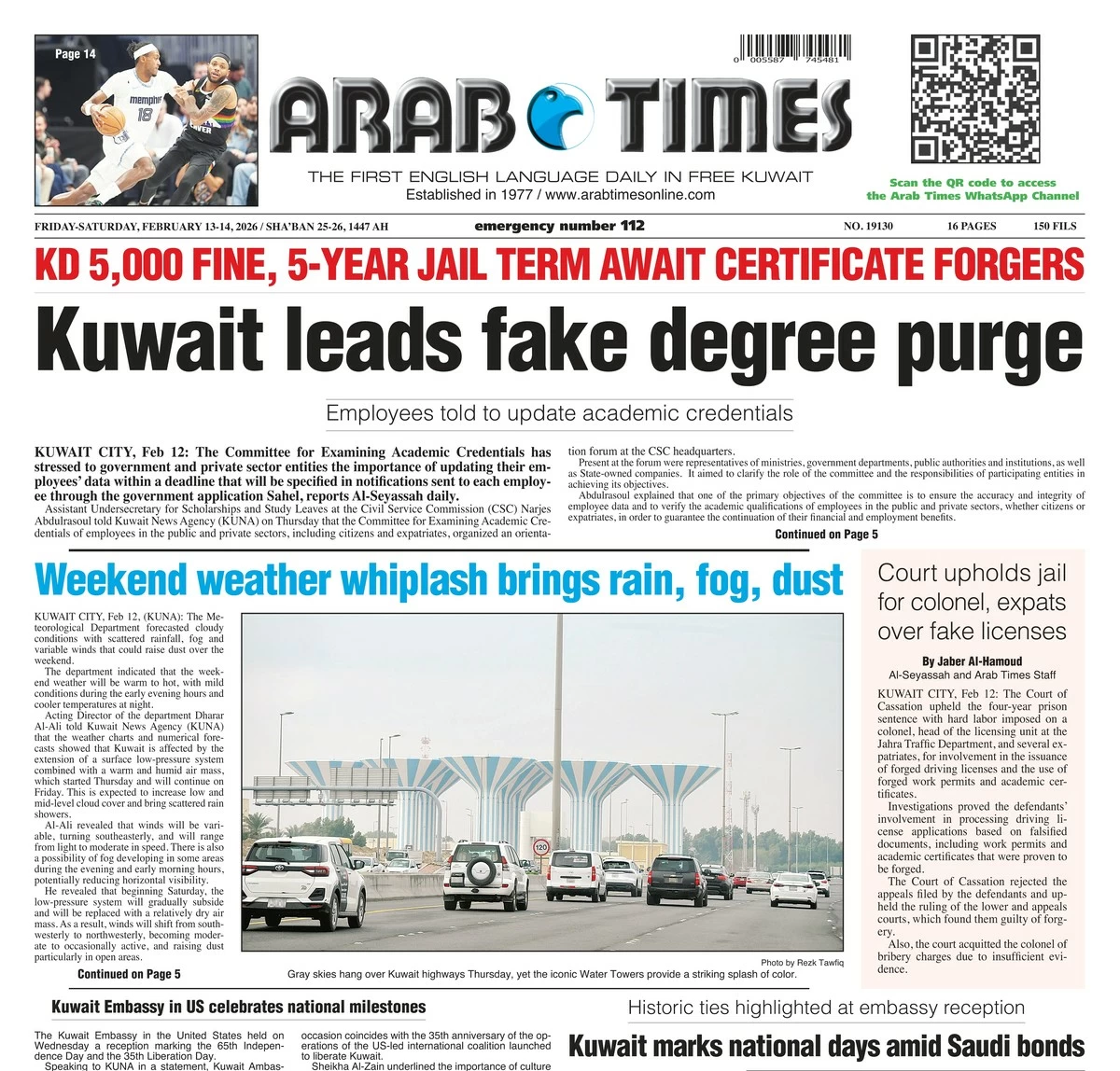12/05/2025
12/05/2025
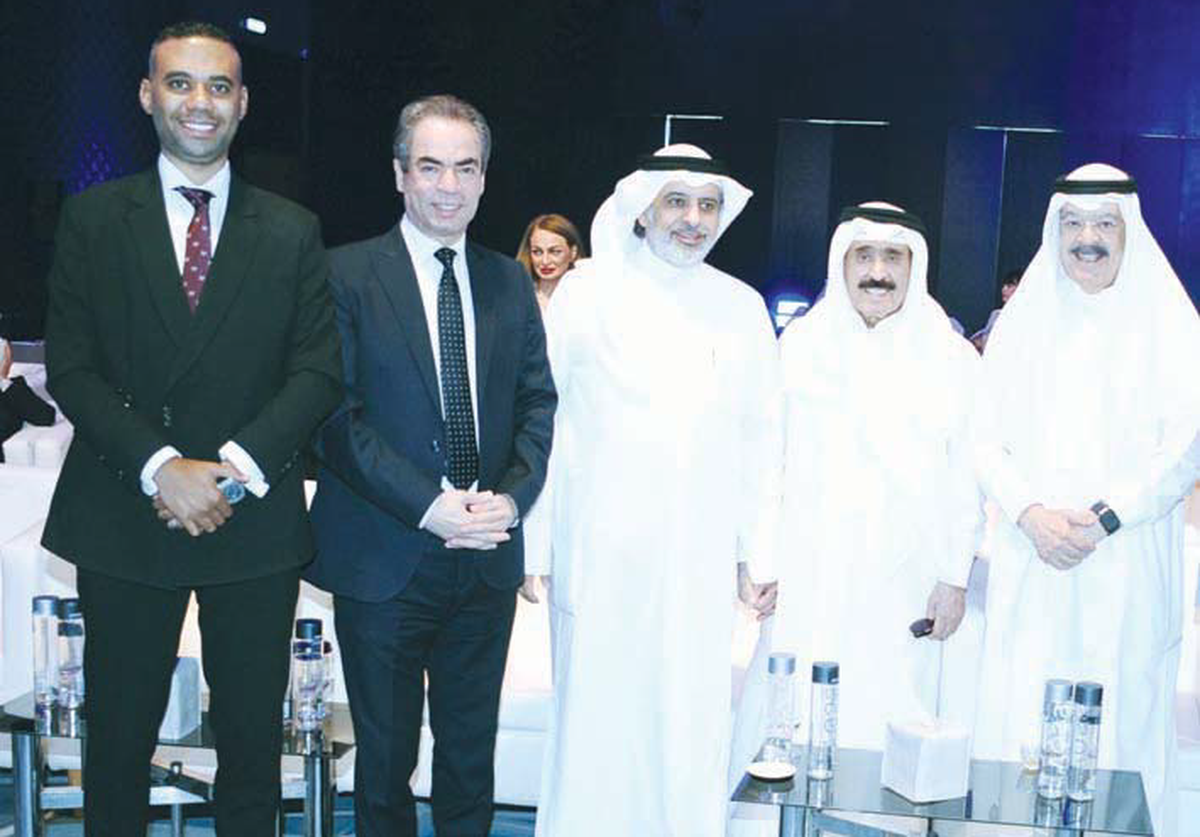
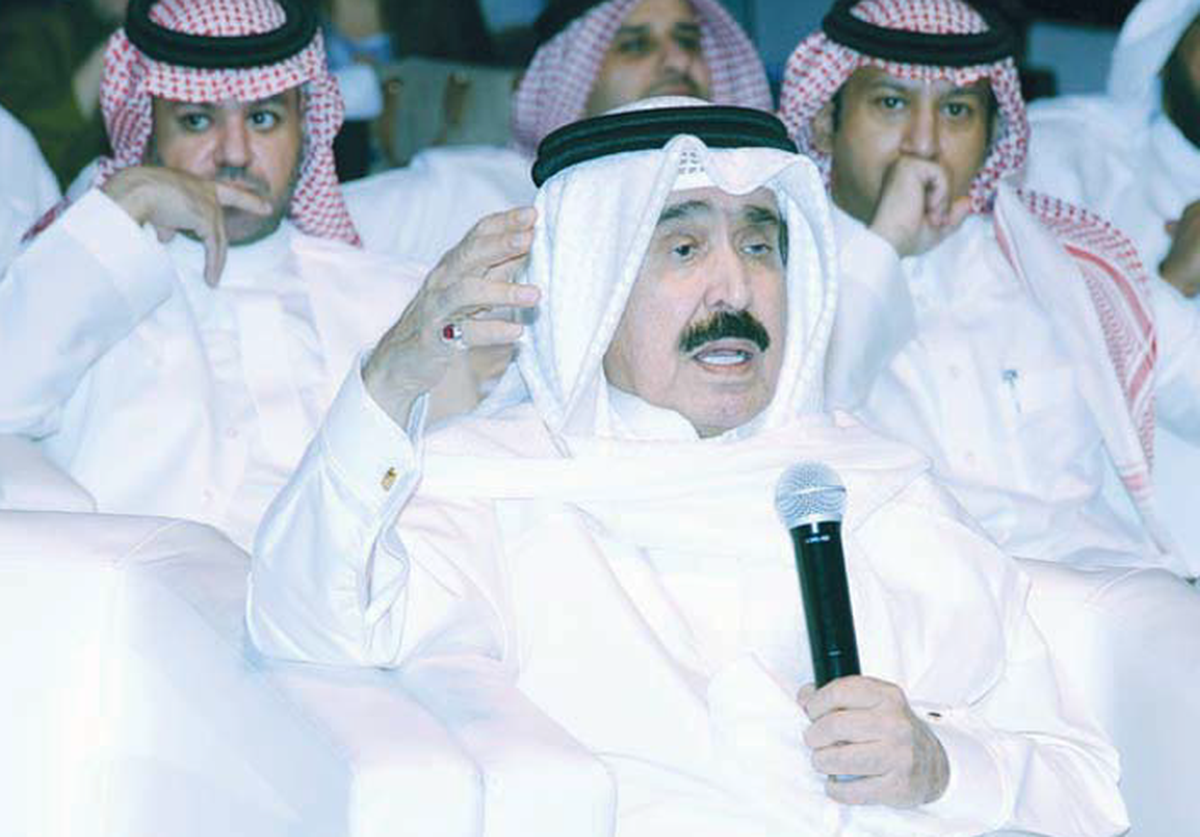
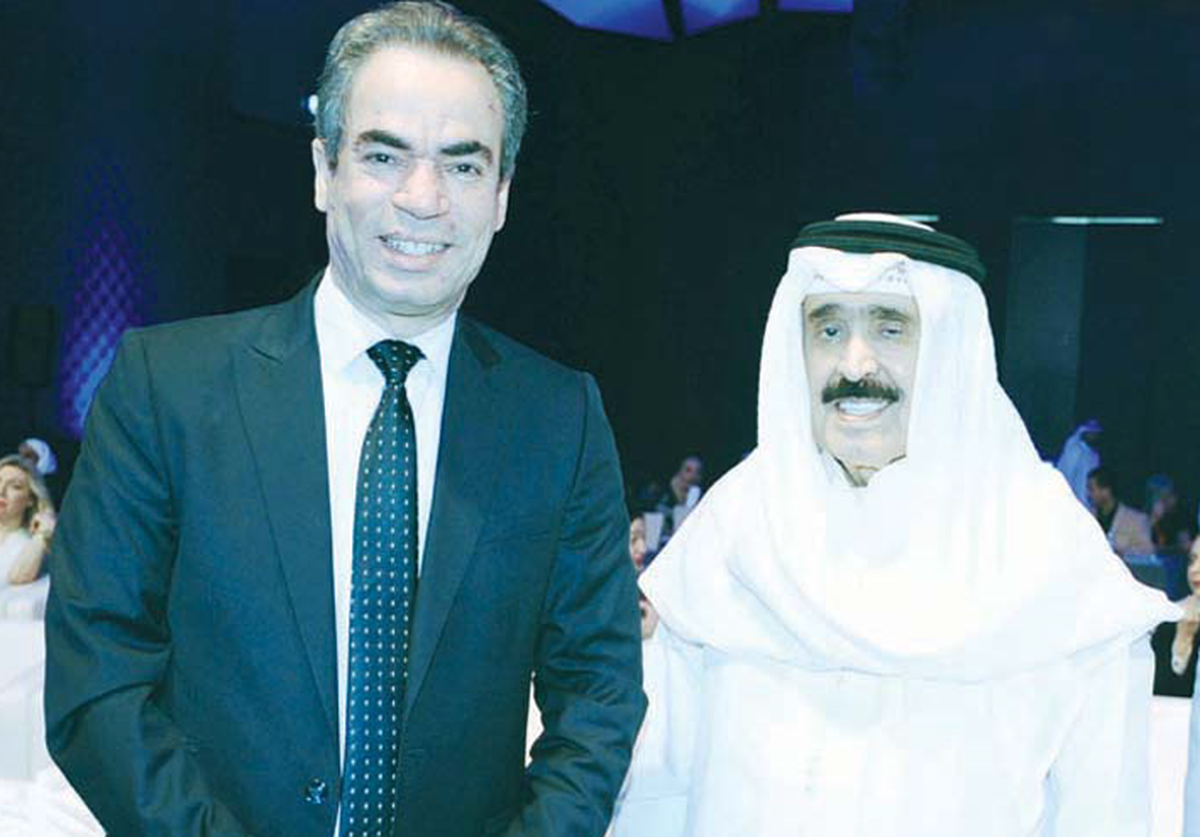
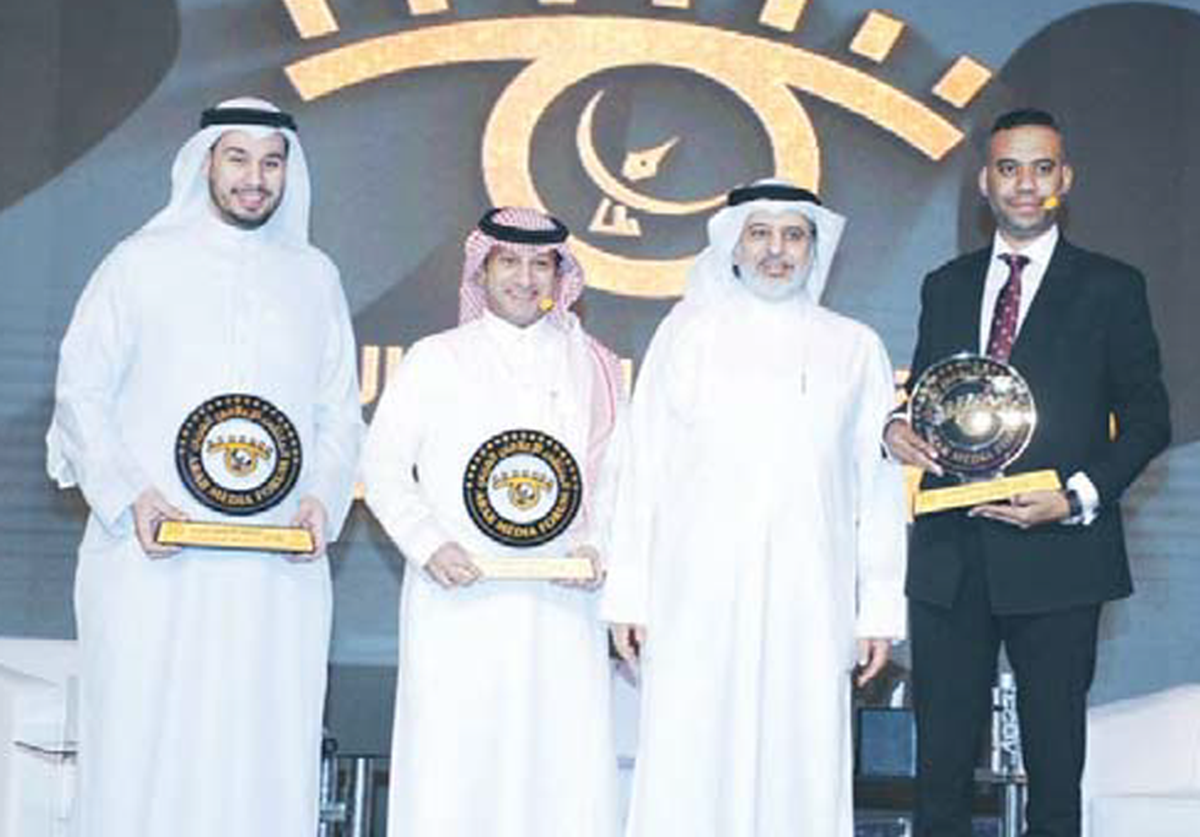
In a related context, Egyptian psychiatrist Dr. Mohab Mujahid warned about the potentially harmful effects of social media in all societies, stressing the importance of self-restraint in online engagement. He advised individuals to remain calm and avoid responding to negative comments on their posts.
In the second session titled “Journalism is an Endless Profession,” Editor-in-Chief of Bahrain’s Al-Ayam newspaper Rashid Al-Hamar urged journalists to stay abreast of technological advancements such as artificial intelligence. He reassured those present at the forum that digital journalism will not replace print media entirely. He underscored the need to raise cultural awareness among journalists to support effective communication and longevity in the profession. Editor-in-Chief of Egyptian website ‘24’ Mahmoud Mamlouk acknowledged the dominance of digital journalism over print. He then highlighted the importance of integrating technology with journalistic skills while maintaining the irreplaceable role of human insight. He stressed the value of advanced training for aspiring media professionals, indicating that technological proficiency enhances job prospects in the modern media landscape.
The third session, titled “Women and the Media: Mental Image and Professional Skills,” spotlighted the evolving role of women in the Arab media. Former Egyptian Minister of Information Dr. Doria Sharaf El-Din called for sustained contributions from Arab women; pointing out that despite historical marginalization, progress has been made. She credited the visual media, such as cinema and theater, for improving the portrayal of women and shifting societal perceptions. Fadhila Al-Muaini, an Emirati writer, affirmed that communication is rooted in trust and emphasized that Arab women have become pioneers in media and other sectors. Kuwaiti academic Dr. Samar Baqer Al-Jamour cautioned against blindly accepting all social media content, advocating instead for promoting content that fosters intellectual and cultural development. Lebanese journalist Lana Madwar discussed the emotional impact of social media and reaffirmed her commitment to substance over style in journalism.
The fourth session, titled “Laws and Legislation in the Media and Social Media,” was held in collaboration with the Kuwait Lawyers Association. Renowned Egyptian lawyer Dr. Mohammad Abu Shaqqa explained that Article 36 of the Kuwaiti Constitution enshrines freedom of expression, and that Kuwait has long had traditions supporting free speech -- even before the drafting of the Constitution. Dr. Hassan Al-Abdullah, a journalist and lawyer, stated that Kuwait has around eight specific media laws and highlighted the evolution of press legislation since 2006, which permitted the launch of new newspapers. In the final dialogue session titled “Media: Message and Rules,” Islamic preacher Mustafa Hosni asserted that words carry moral weight and urged religious figures to approach ‘fatwas’ with careful consideration. He pointed out that media -- both traditional and social -- play a vital role in countering atheism and must be grounded in truth and fairness.
Veteran journalist and Editor-in-Chief of Al- Seyassah and Arab Times newspapers Ahmed Al- Jarallah presented a personal account of his extensive experience with media-related legal cases. He revealed that he had faced prosecution nearly 500 times since entering journalism in 1963. He said Kuwait has four press laws, including the Penal Code, stipulating prison sentences ranging from three to 15 years in addition to fines. He pointed out that the authority in the Arab world will do whatever it wants, despite the laws. He thinks justice often depends on wise judges and skilled lawyers. He said America itself has accusations, citing as an example the filing of 34 criminal charges against Trump, and he was once sentenced to prison, but the Court of Cassation overturned the previous rulings. He recounted an incident involving accusations related to Israel, during which the public prosecutor acknowledged the political sensitivity of the case. He said the prosecutor told him that the case caused uproar in public opinion and even within the Parliament.
Due to this, the prosecutor stated he would be banned from traveling and would pay a fine. Three months later, the Public Prosecution submitted a wonderful memorandum, explaining that his words about Israel were “peace with it is its killer”. He affirmed that the merciful judiciary and the skilled lawyer played a crucial role in merciful justice, especially since most of the cases he was exposed to were for personal reasons. Ultimately, the judiciary ruled in his favor, highlighting the importance of judicial discretion and legal defense in politically charged cases. Lawyer and media personality Dr. Hassan Al- Abdullah commented that these numerous cases reflect Al-Jarallah’s influence and the inherent challenges of journalistic leadership.
By Najeh Bilal
Al-Seyassah/Arab Times Staff

